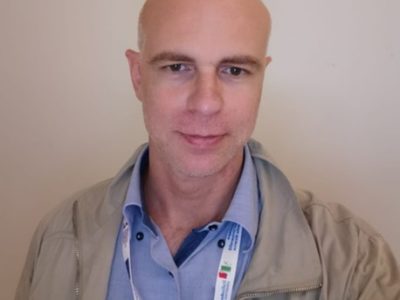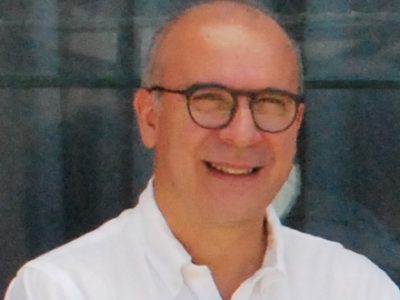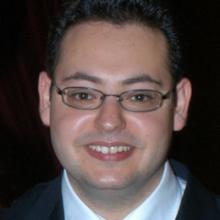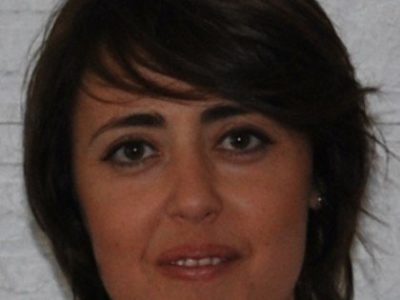
Research Activity
The ECOS group aims to contribute to the state of the art of the development process of a smart cyber-physical system (CPS or Cyber-Physical System) in the following stages:
- Design: we plan to define a design methodology, initially we will focus on studying the specification of the goal tree and its partial satisfaction conditions. This is in order to provide the planner with indications on which states of the world (of partial goal satisfaction) are preferable when total satisfaction is not possible;
- Software architectures: we intend to study the relationship between the system architecture and its adaptation capabilities, particularly by studying the possibility of applying holonic models to cyber-physical smart systems in which software and hardware holons coexist, both with autonomous processing capabilities;
- Planning: we aim to define new techniques of composition and modification of the plan at runtime by using the services available at the time in order to pursue (even partially) the goals. These techniques will be used in a self-adaptation system in order to exhibit a behavior that is not predefined but generated on the basis of the context.
- Goal-Monitoring: we propose to study techniques for the evaluation of goal partial satisfaction starting from the monitoring (at runtime) of the state of the world in order to start a procedure for re-adapting the plan if necessary.
- Verification: we intend to study techniques for verifying the compliance of the behavior of the smart CPS system with respect to the formal models and specifications provided.
In all the phases listed, attention will be paid to the interaction that is created between the software and hardware level of the system and to the management of resources.
Goals
The Engineering COmplex and Smart systems (ECOS) group aims to contribute to the evolution of the state of the art of smart cyber-physical systems.
The research will be oriented to the definition of software engineering techniques and tools for the analysis and design of Cyber-Physical systems capable of exhibiting smart, autonomous and self-adaptive / self-organizing (SASO) behaviors.
The long-term objectives include: (i) the definition of a design methodology for SASO systems in the cyber-physical field, (ii) the development of approaches for the composition and runtime verification of plans that use available services pursuing full or partial goal satisfaction.
It is also planned to carry out domain analyzes and ontological formalization of different cyber-physical contexts such as the reconfiguration of the electrical systems on board ships and the management of emergency procedures in the field of civil protection.
Application Fields
Our researches will find an application in two main contexts:
- ICT applications in the maritime field, in particular reconfiguration of shipboard power systems.
- Emergency procedures in the field of civil protection


MASSIMO COSSENTINO

ALESSIO LANGIU

CARMELO LODATO

VALERIA SEIDITA

